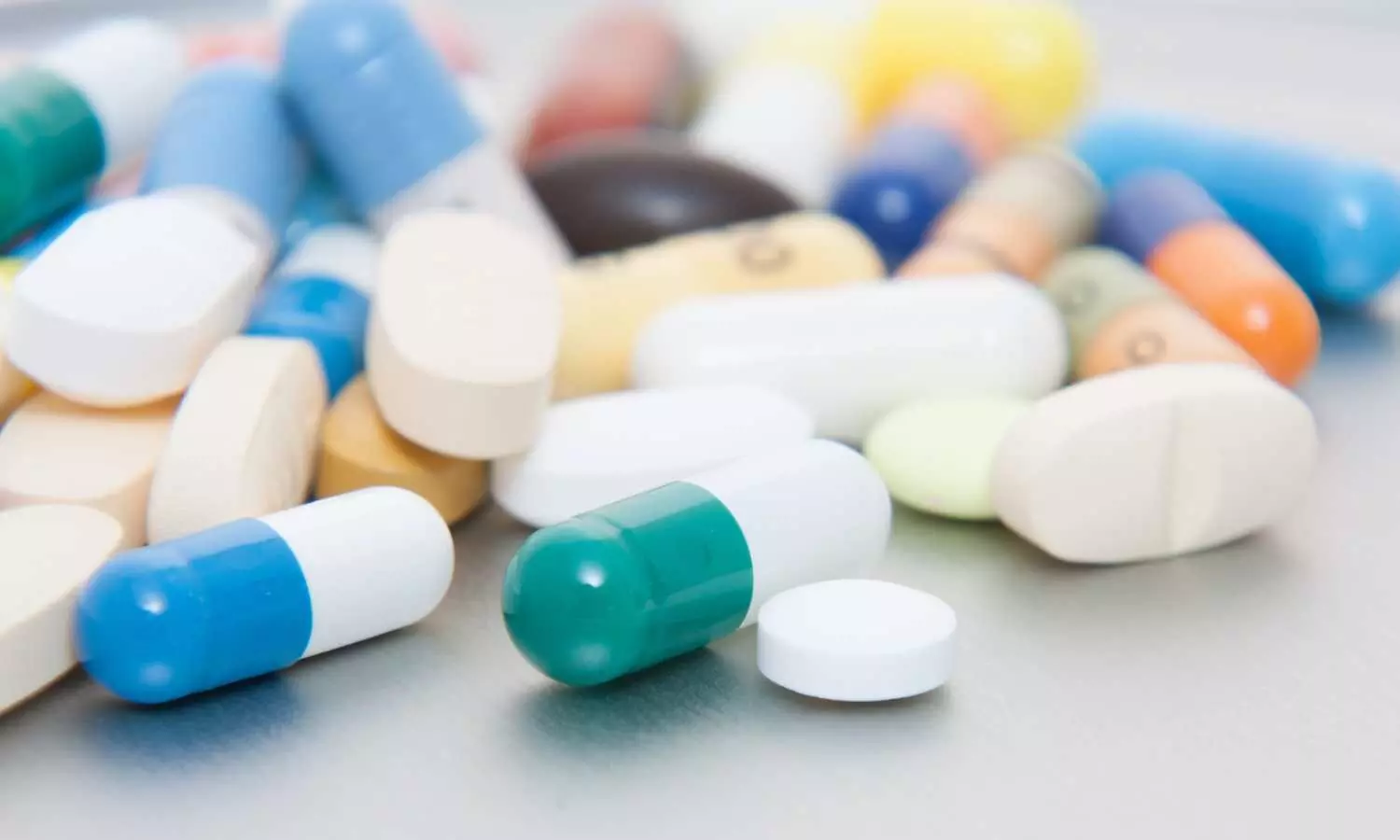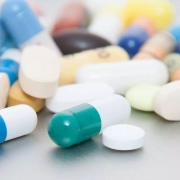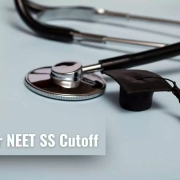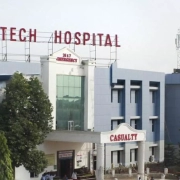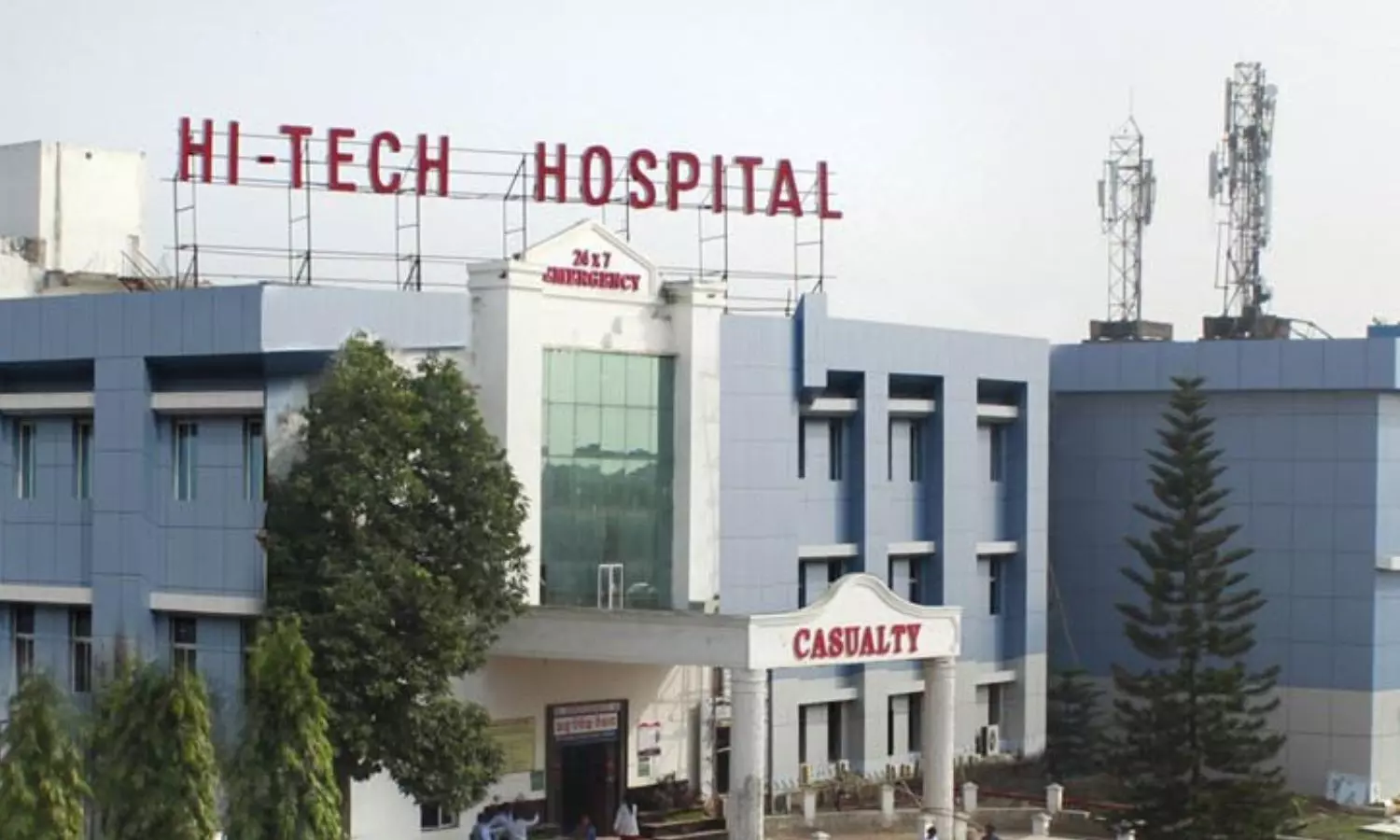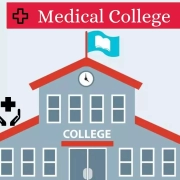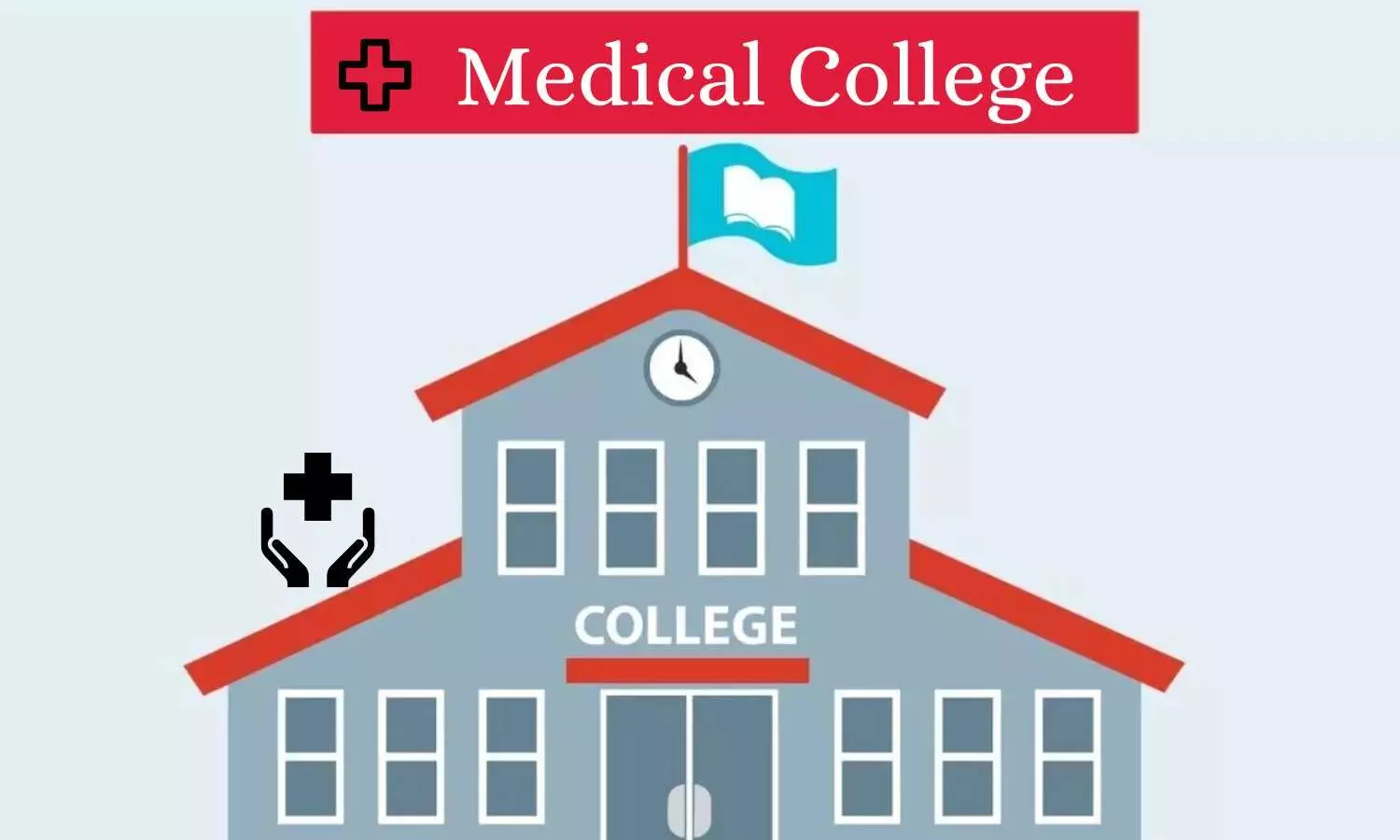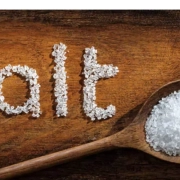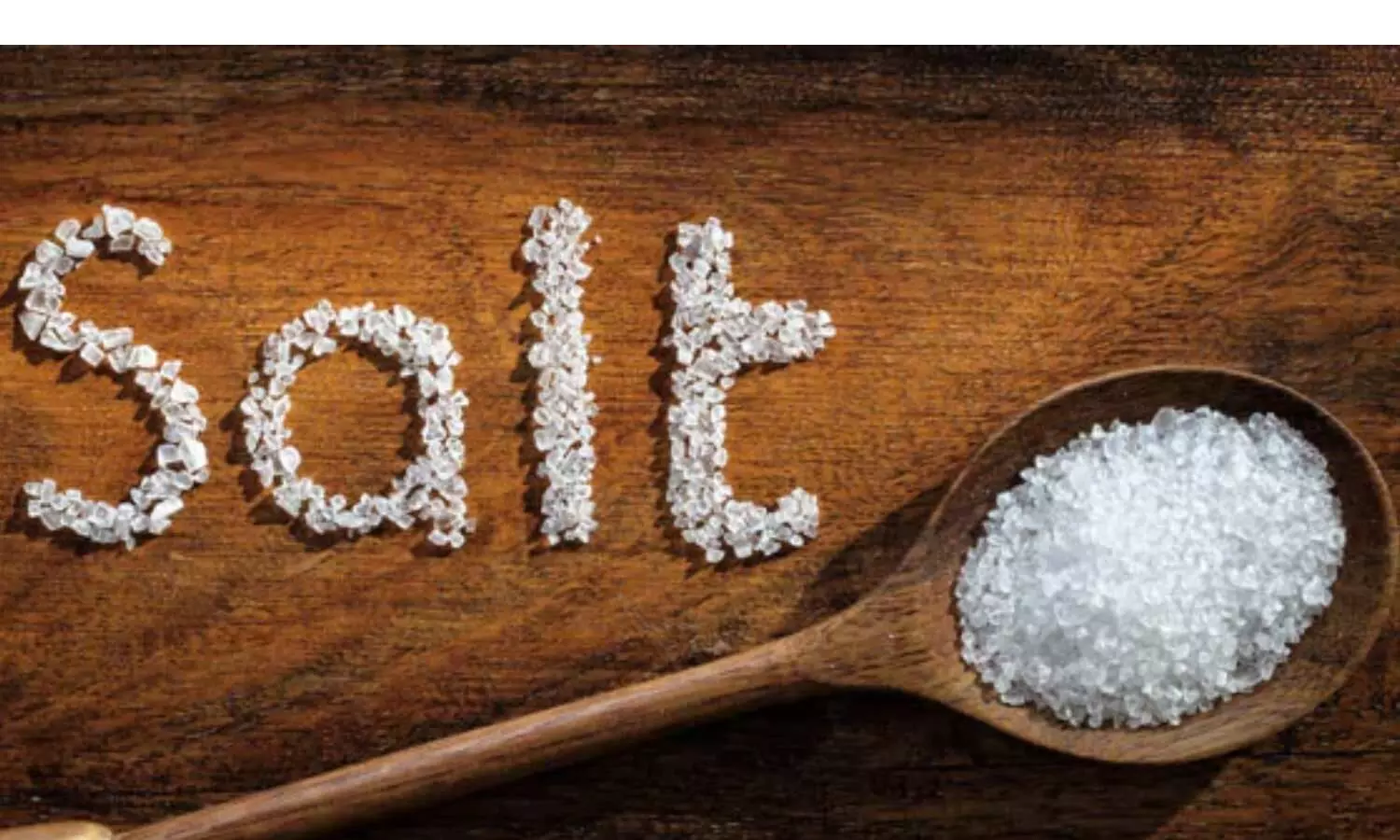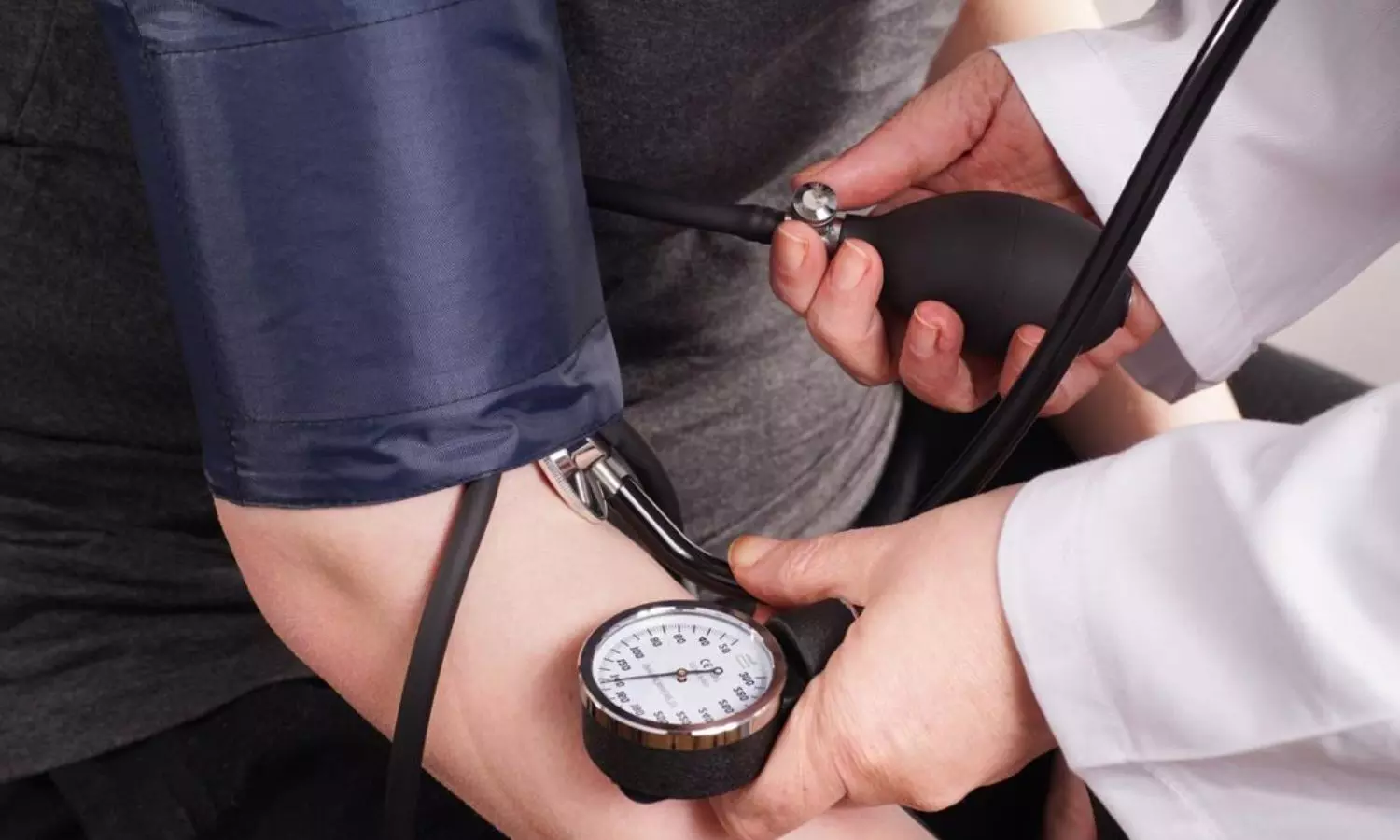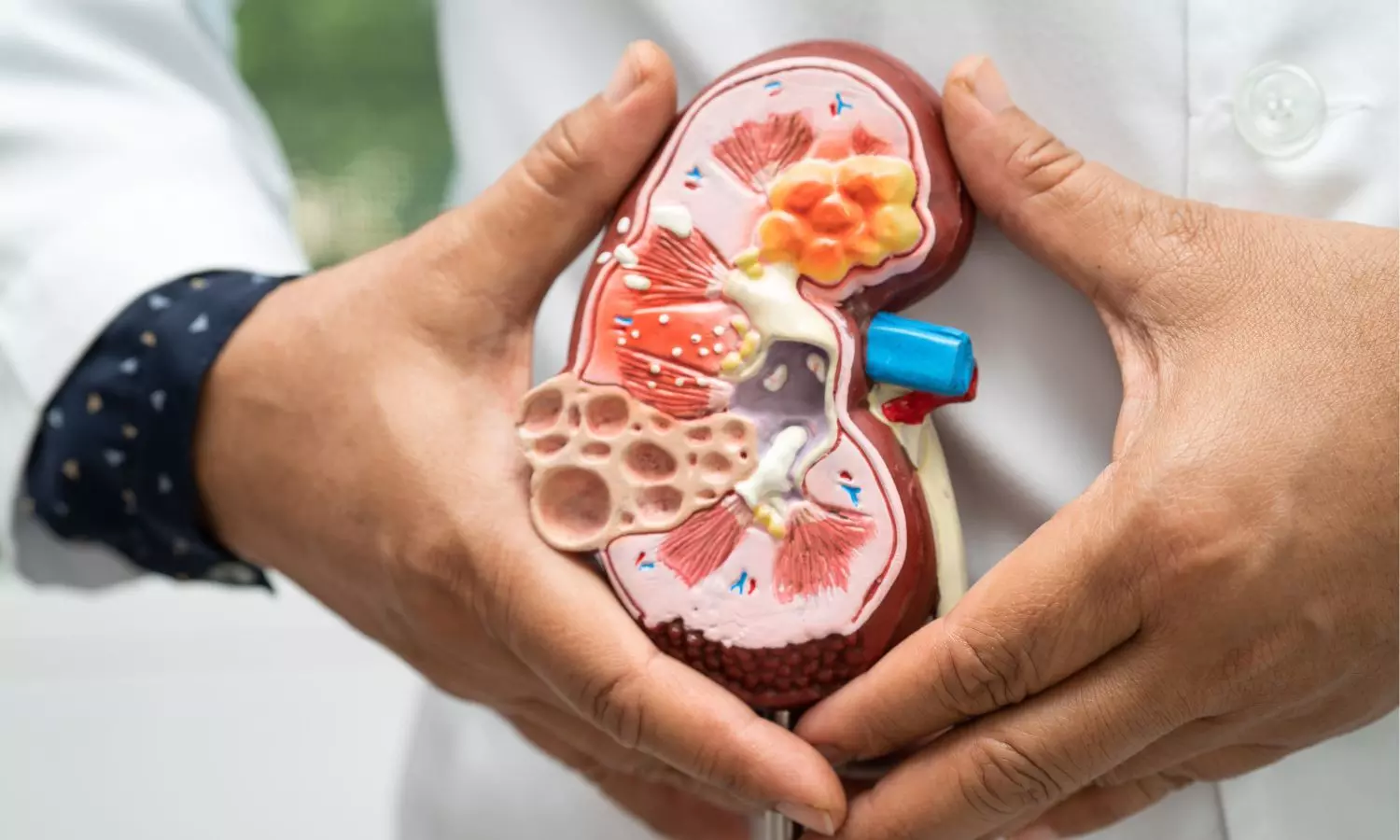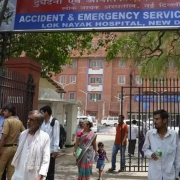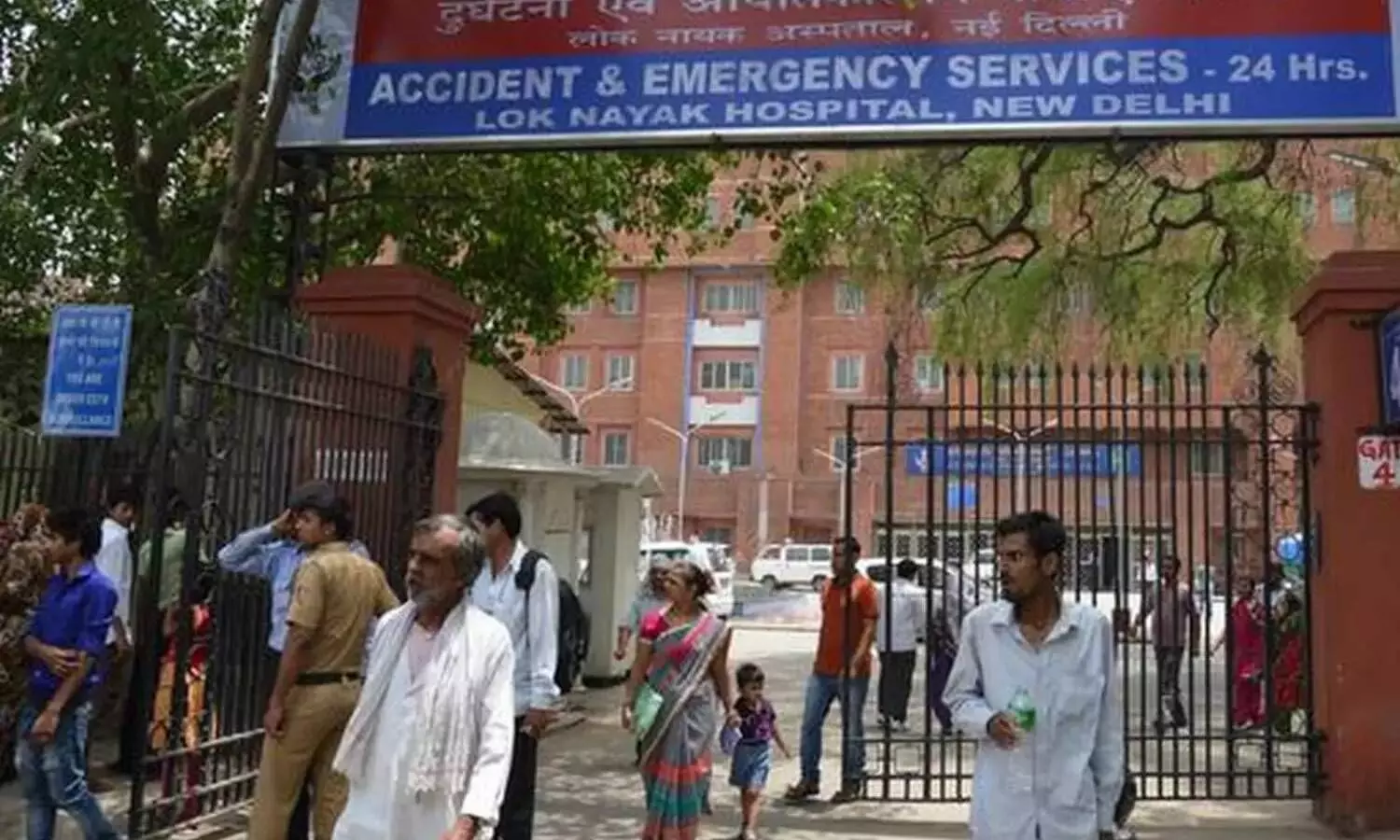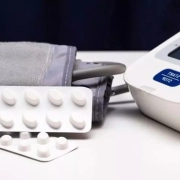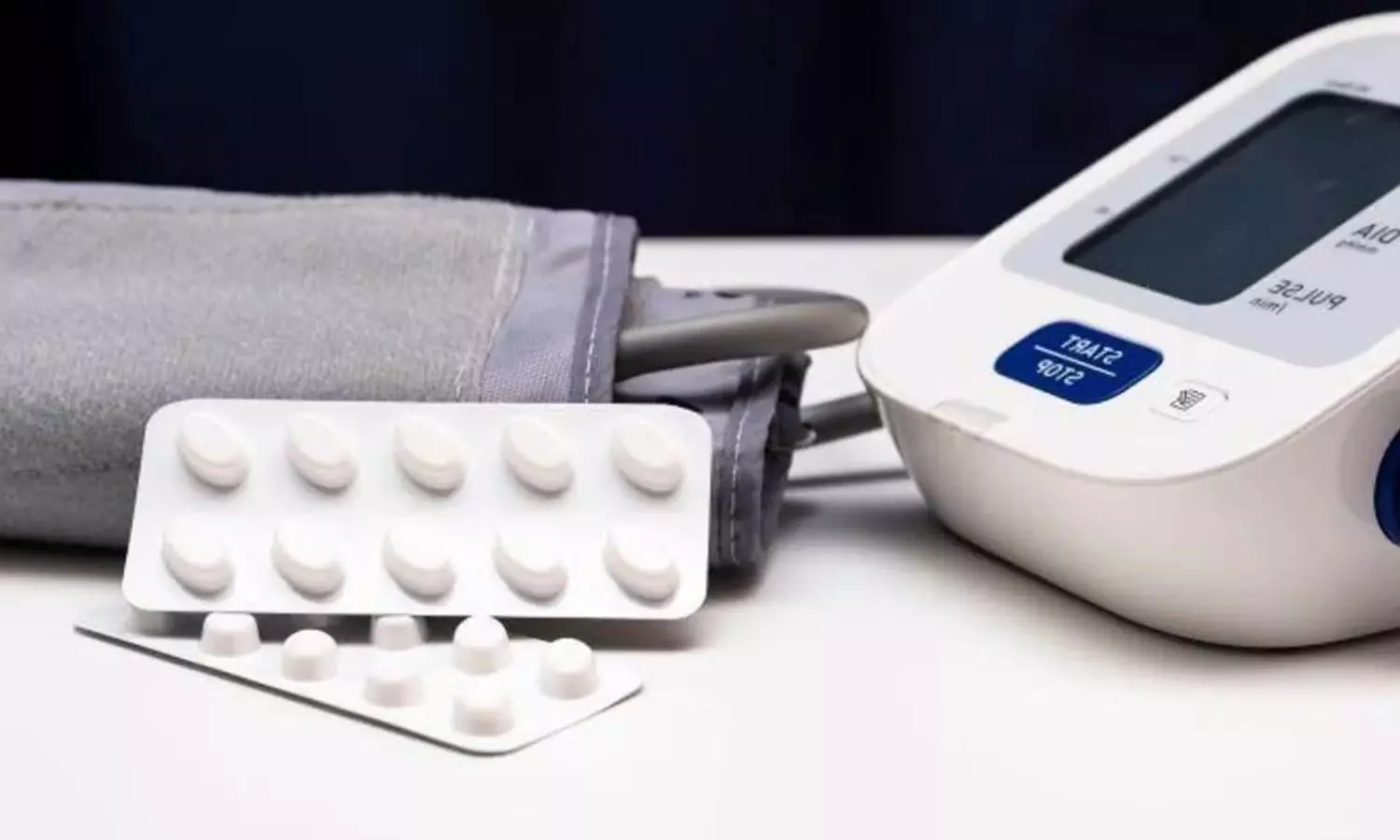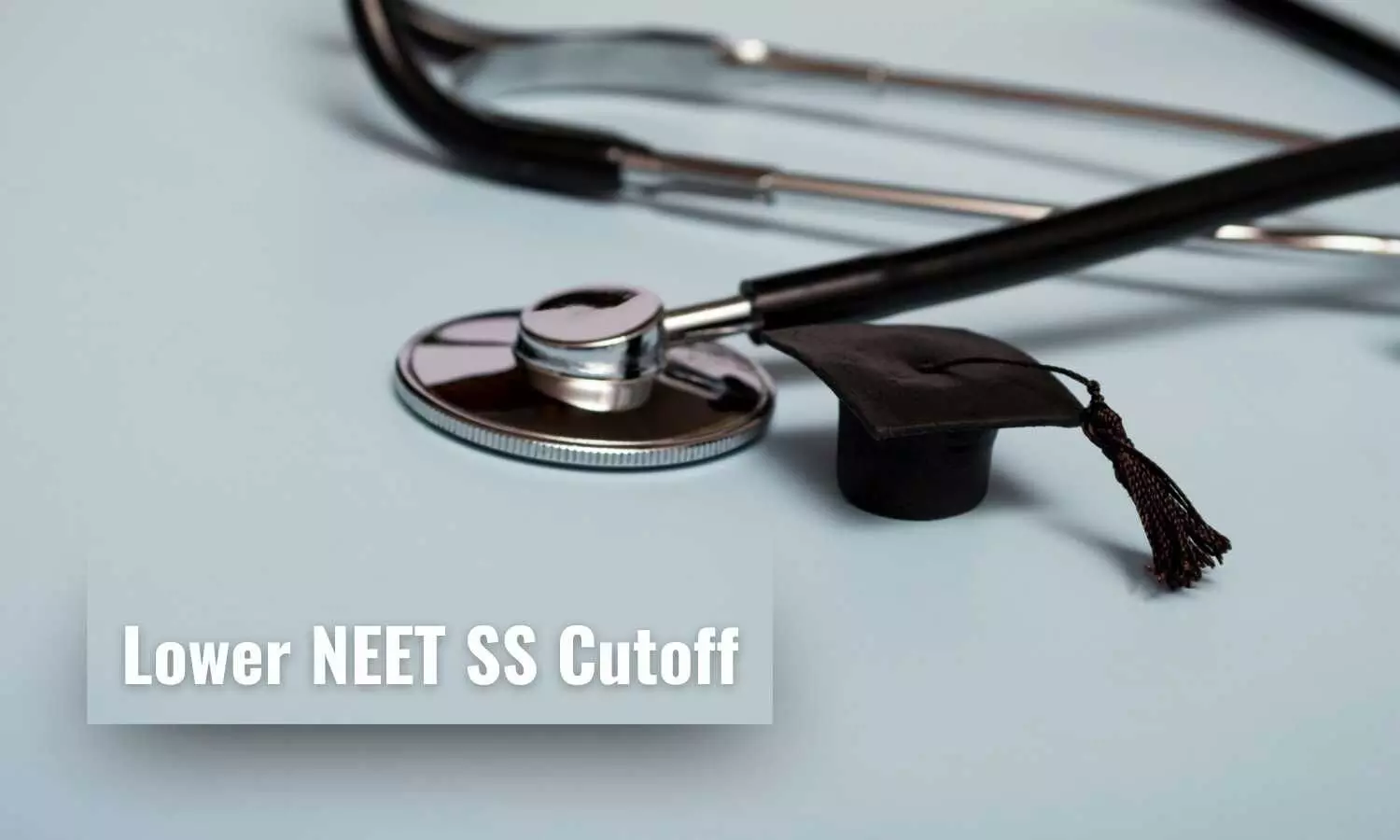
New Delhi: Referring to the significant number of vacant super-specialty medical seats, the doctors under the United Doctors Front Association (UDFA) recently urged the Union Health Ministry and the National Medical Commission to reduce the cut-off percentile for the National Eligibility-cum-Entrance Test Superspeciality (NEET-SS) Counselling 2023.
Further, the association has also urged the authorities to release the schedule for the mop-up round/special round promptly to fill up all the vacant seats so that no super-specialty seats are left vacant.
UDFA sent this letter to the authorities after the NEET SS 2023 aspirants wrote a letter to the association and pointed out that more than 400 DM/MCH/DrNB seats are still vacant after the Round 2 of the NEET SS Counselling.
In the letter directed to the UDFA president, the super speciality aspirants further mentioned that the seats not joined by candidates after round 2, the seats upgraded from round 1 and the seats left by the INI SS candidates will add to this pool in addition to the seats left vacant after the Round 2.
Therefore, in order to avoid wastage of precious medical seats, the aspirants mentioned, “So we request to consider announcing an early mop-up counselling this year immediately after the last date of reporting and joining of round 2 alloted candidates with cut-off percentile reduction to the minimum percentile to ensure 100% participation as done for NEET SS 2021 and NEET PG 2023 counselling which happened without any percentile requirements. We request the Medical Counselling Committee and DGHS to consider this issue as a serious matter of concern and revise cut off to the minimum percentile and conduct mop-up round, and to release the schedule for the same at the earliest.”
“This will prevent the wastage of precious super speciality seats across the country and will also help in commencing the academic session earlier. We would like to bring to your notice that the late scheduling of mop-up round will delay the commencement of the academic session and thesis protocol submission and the course and tenure extension,” the letter further mentioned.
The aspirants also highlighted that the NEET SS 2023 exam, which was held on 29th and 30th of September had an unusual delay in the exam time. Due to this, even though the candidates reported to the exam centre by 7 am, the exam that was scheduled to commence by 9 am was allegedly rescheduled to beyond 11 am due to a technical error from NBEMS.
Also Read: More than 1000 Super-Specialty Seats Vacant: FORDA writes to DGHS, demands NEET SS mop-up round after reducing cut-off
Blaming the low marks in the exam on the mismanagement in the examination, the aspirants mentioned in the letter, “As the reporting time was earlier and the exam was conducted late, many candidates had hypoglycemic issues and anxiety which hindered their performance in this exam.Despite addressing this issue after examination, no necessary steps had been taken. Now the candidates despite preparing well, are suffering with low marks because of exam day hassle.”
The letter highlighted that the cutoff for NEET SS 2021 was revised and reduced to zero percentile. Further, the cut-off for NEET PG 2023 was also reduced to zero and due to this every candidate who appeared in the exam became eligible to participate in the counselling. Despite this, 247 PG medical seats remained vacant even after the counselling without any percentile requirement.
Further, the aspirants pointed out that even the Supreme Court expressed concern about vacancies in super speciality seats recently, and had asked the Union Government and MCC to find a solution so that none of the seats go wasted.
After receiving the letter from the aspirants, the issue was raised by UDFA. Writing to the Union Health Ministry, the National Medical Commission (NMC), Medical Counselling Committee (MCC) and the National Board of Examinations in Medical Sciences (NBEMS), the association highlighted the fact that after the conclusion of Round 2 of NEET SS counselling, a significant vacancy of DM/MCH/ DrNB seats has been identified.
“In light of this, we kindly request for re- revision of the cut-off percentile to the least effective percentile, aligning with the practices observed in the NEET PG 2023 and the previous year’s NEET SS Examination. Furthermore, we urge you to release the mop-up round/special round schedule promptly to fill up all the vacant seats so that no superspeciality seat remains vacant,” the association urged the authorities.
The association also emphasized the unusual delay in the conduct of the NEET SS exam on the 29th and 30th of September, technical errors by NBEMS resulting in rescheduling of the exam, which ultimately allegedly impacted the performance of the well-prepared candidates.
“So we request the Government to kindly please consider the request of NEET SS aspirants & release a special round /mop-up round schedule with a re-revision of cutoff scores for participation in counselling so that there will be prevention of wastage of precious super speciality seats across the country,” the letter further mentioned.
Medical Dialogues had earlier reported that in the case of NEET SS 2022 also, the eligibility criteria had been reduced from 50 percentile to 20 percentile. This move came against the backdrop of over 1000 super speciality seats being vacant after the completion of the two counselling rounds.
This year, the Information Bulletin for NEET SS 2023 mentioned that candidates placed at 50th percentile score or above in their respective groups will be declared as qualified as per minimum qualifying criteria.
However, the Health Ministry intervened, and after discussing the issue with NMC, the Union Ministry of Health and Family Welfare (MoHFW) directed NBE to reduce the cut-off qualifying percentile for NEET SS 2023 to 20 percentile points.
Also Read: Breaking News: Health Ministry Directs NBE to Reduce NEET SS Cut-off to 20 percentile
